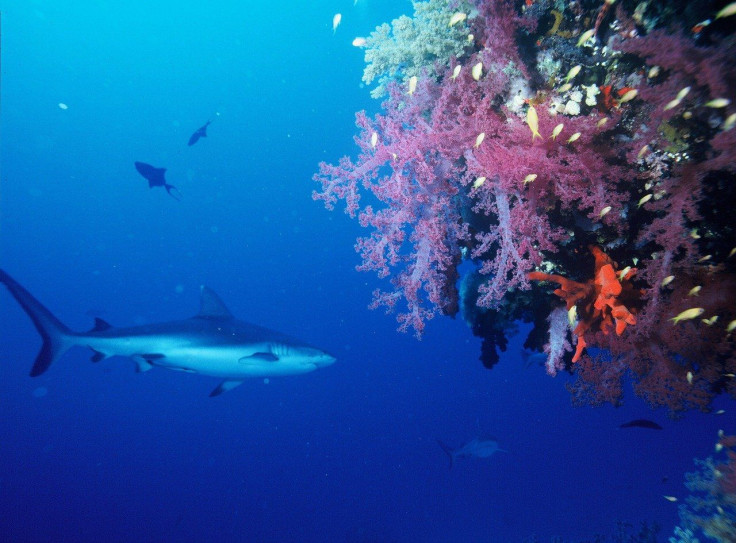Marine Reserves Need To Be Larger To Effectively Save Sharks, Study Finds

KEY POINTS
- Unlike migratory sharks, reef sharks highly depend on their coral reef habitats
- Marine reserves are currently in place to protect reef sharks from overfishing
- According to a new study, these marine reserves need to be much bigger to be effective
- Strict 'no-take' reserves have to be up to five times larger to effectively save sharks
“No-take” marine reserves protect reef sharks from overfishing. But, are they really enough? A new study found that, in order to be effective, currently existing marine parks have to be much larger.
Reef Shark Population Decline
Protecting sharks and rays are increasing in priority as many species are already threatened with extinction. For many reef shark species, overfishing remains to be one of the major drivers of populations decline.
To reduce human fishing’s effect on marine and coastal ecosystems, “no-take” marine reserves or areas where fishing is banned are enforced. However, the conservation outcomes of such marine reserves are inconsistent and how large these protected areas have to be to actually achieve conservation goals are unknown.
For a study published in Current Biology, researchers combined animal tracking data from 459 individual sharks on coral reefs in the Atlantic, Indian and Pacific Oceans with video surveys from 36 countries to estimate the effectiveness of “no-take” marine reserves.
Larger Marine Reserves
Interestingly, the researchers found that the majority world’s marine reserves are too small to reap long-term conservation benefits and, therefore, need to be significantly larger to be effective against overfishing. Since many of the marine reserves are less than 5 kilometers wide, the protection does not cover most of the individual sharks’ movements so they are still left exposed to fishing.
This shows that the majority of the current marine reserves around the world cannot ensure the protection and conservation of reef sharks and that failing to consider animal movements could lead to over-estimations of the benefits of current marine reserves.
“Existing protected areas on coral reefs would need to be enforced as strict no-take reserves and be up to five times larger to effectively conserve reef sharks,” Dr. Ross Dwyer of the University of Queensland said. “Those in the Atlantic where reef sharks are generally less abundant would need to be on average 2.6 times larger than those in the Indian and Pacific Oceans.”
As such, researchers suggested that it would be best to extend between 10 and 50 kilometers or more, along with continuous protected habitats. Furthermore, the appropriate size will also have to depend on the target species, the characteristics of the habitat, as well as local abundances.
“Our results show that marine parks for reef sharks need to be large. But if reserves extend along 15 kilometers of coral reef, then fishing mortality can be reduced by fifty percent,” study co-author Dr. Nils Krueck of the University of Tasmania said.
© Copyright IBTimes 2025. All rights reserved.






















